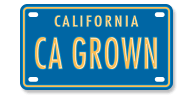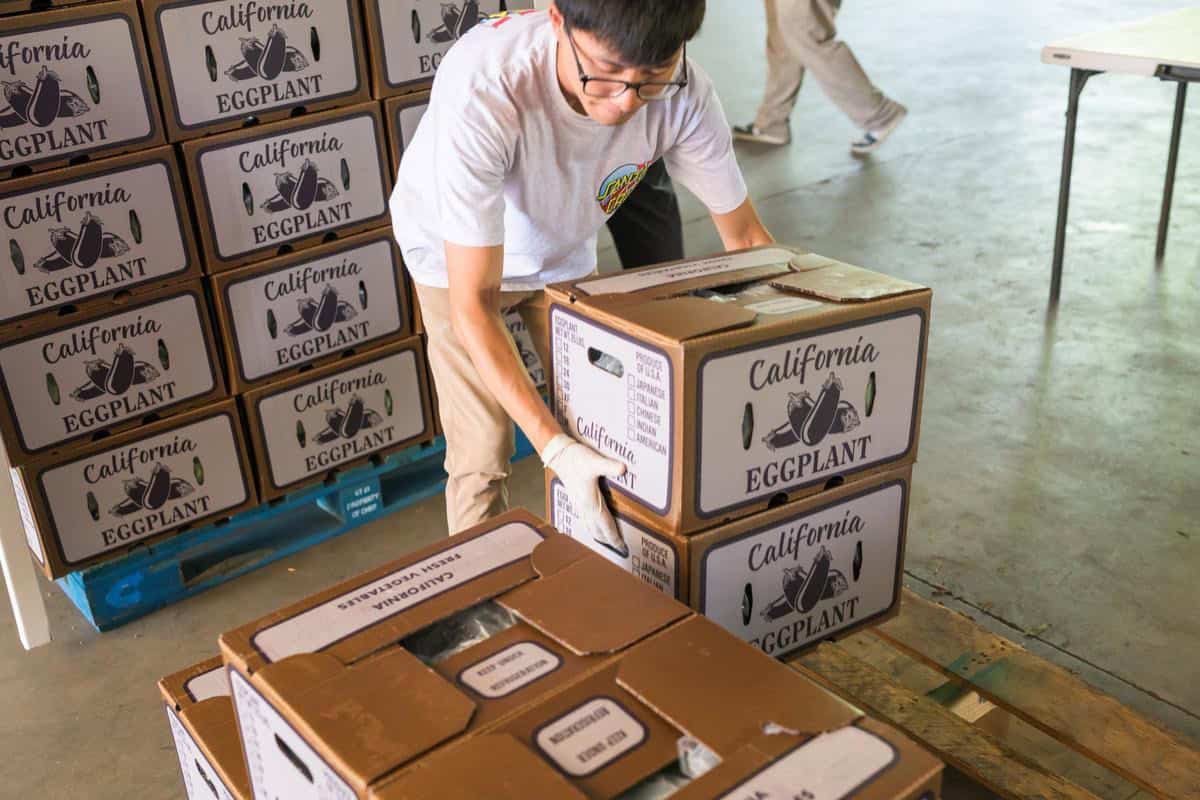Building a Future: Inside Fresno BIPOC Produce Food Hub
In the heart of California’s agricultural landscape, a quiet but powerful transformation is underway. It’s built on relationships, rooted in equity, and fueled by a deep commitment to community. At the center of this shift is the Fresno BIPOC Produce, a food hub that is a farmer-focused distribution model designed specifically to include Black, Indigenous, and People of Color (BIPOC) farmers—many of whom have not had a presence in the dominant food economy.
At its core, the Fresno BIPOC Produce food hub isn’t just a logistical solution. It’s about rewriting the rules of engagement between small-scale farmers and the markets that depend on them. And for Keng Vang, founder and one of the hub’s driving forces, it’s personal.
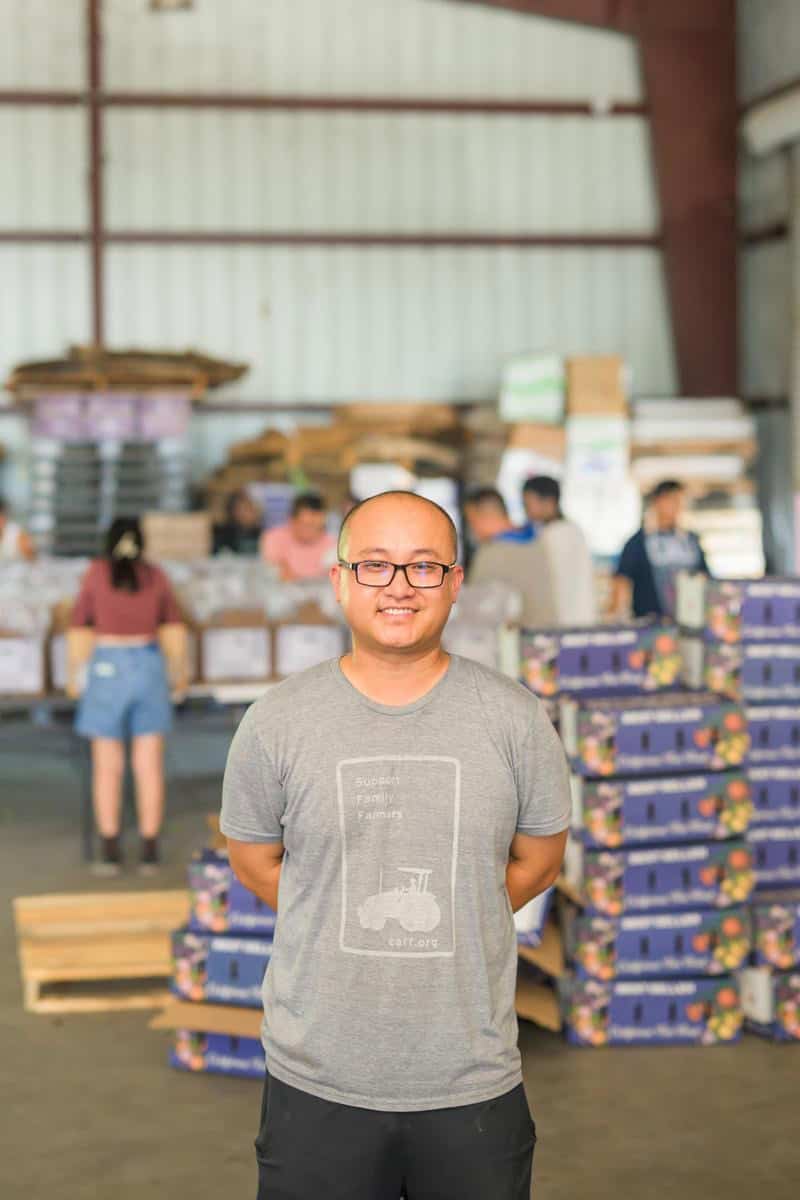
“I was born in Thailand and I moved here with extended family when I was one. My grandparents and elder uncles were all farmers back in Thailand. All they knew how to do was farm. When they moved here, they brought those skills with them.”
Though Vang did not intend to go into farming, initially choosing a career with the U.S. Forest Service, COVID forced him to change course. He began work with an organization in the Central Valley writing resource grants for farmers who were facing a massive market disruption due to the pandemic.
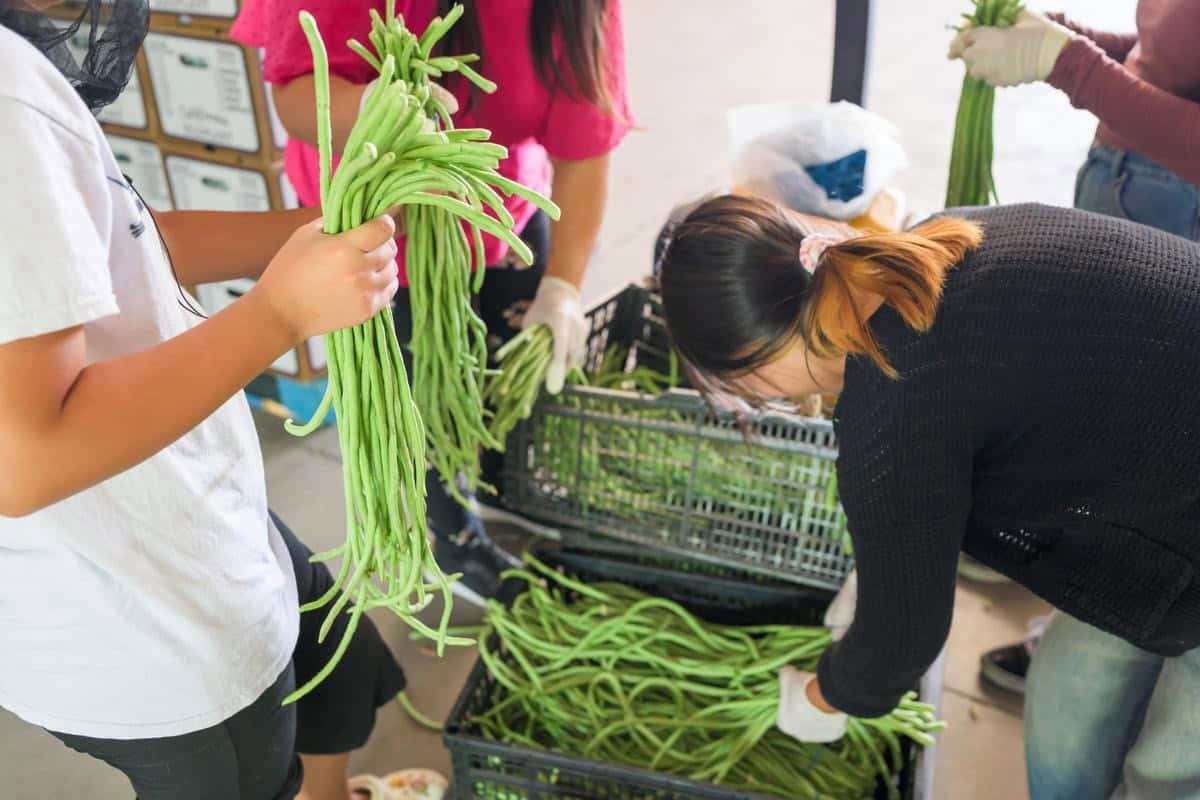
How Fresno BIPOC Produce Supports Small Farmers
For years, BIPOC farmers have faced challenges to farming: limited access to land, capital, infrastructure, and institutional support due to linguistic, cultural and other factors which meant that these programs served some but small farmers, but not necessarily farmers of color.
Keng Vang saw disconnect firsthand in his work with community food systems. He was already deeply embedded in farmer support—providing technical assistance, helping with market access, and connecting growers to resources. But over time, it became clear to him: Fresno County needed a food hub.
“I started the food hub because I saw a real need—especially around marketing—for the small farms I work with. Most of the farmers are BIPOC, and many don’t speak English fluently, which makes it incredibly difficult for them to access resources.”
Building a Food Hub from the Ground Up
Rather than waiting for institutions to adapt, Vang took a leap—and the food hub was born. Leveraging years of experience in farmer advocacy and technical support, he began building a model that worked from the ground up.
“It’s important to support local farmers, especially here in California, because California has one of the most abundant supplies of produce. We also have probably the most Asian-grown produce in the United States. And a lot of that produce is going out—it’s not staying here in California, which is kind of sad. Our goal is to create more projects and more programs that help keep the produce right here.”
The Fresno BIPOC Produce food hub isn’t just a warehouse or a truck route—it’s a relationship-based system that respects the knowledge and labor of the farmers it serves. The model prioritizes transparency, fair pricing, and responsive community outreach that meets the individual needs of each small farmer.
“A lot of communities here are still struggling with food access. We want to create a better food system—one that provides fresh, local produce so people can live healthier lives.”
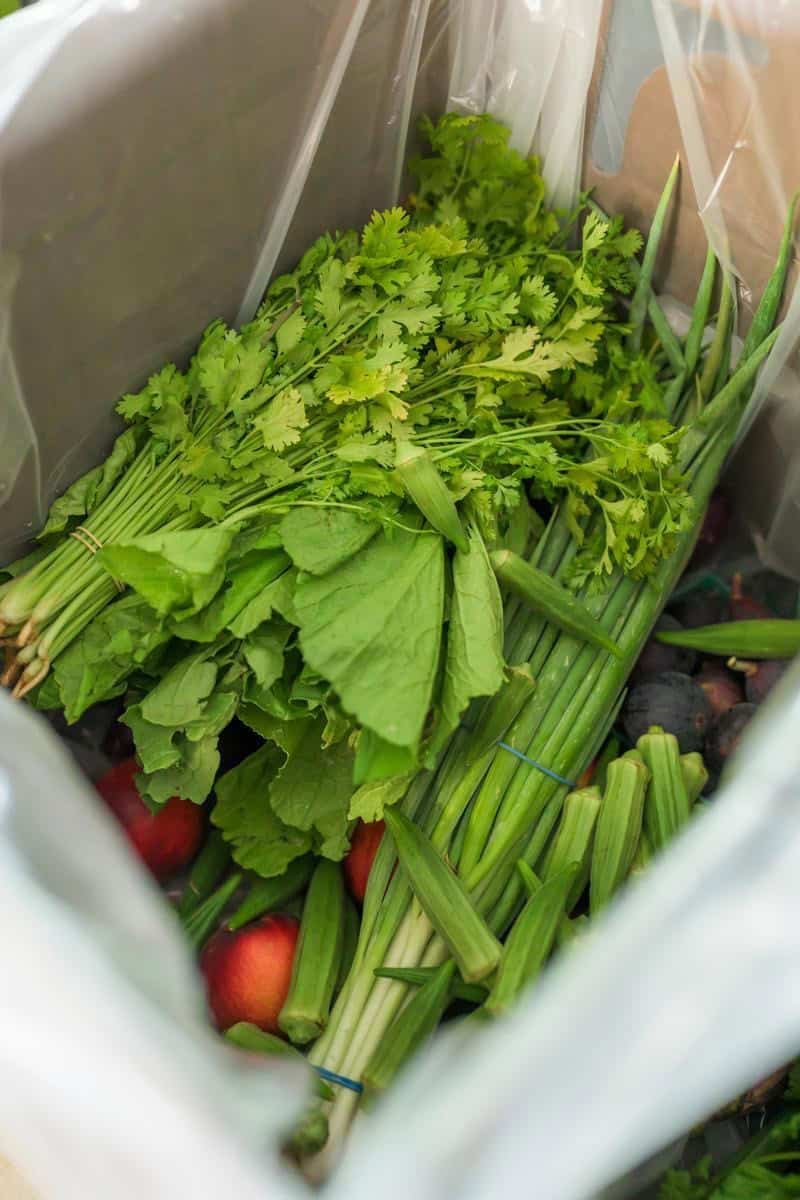
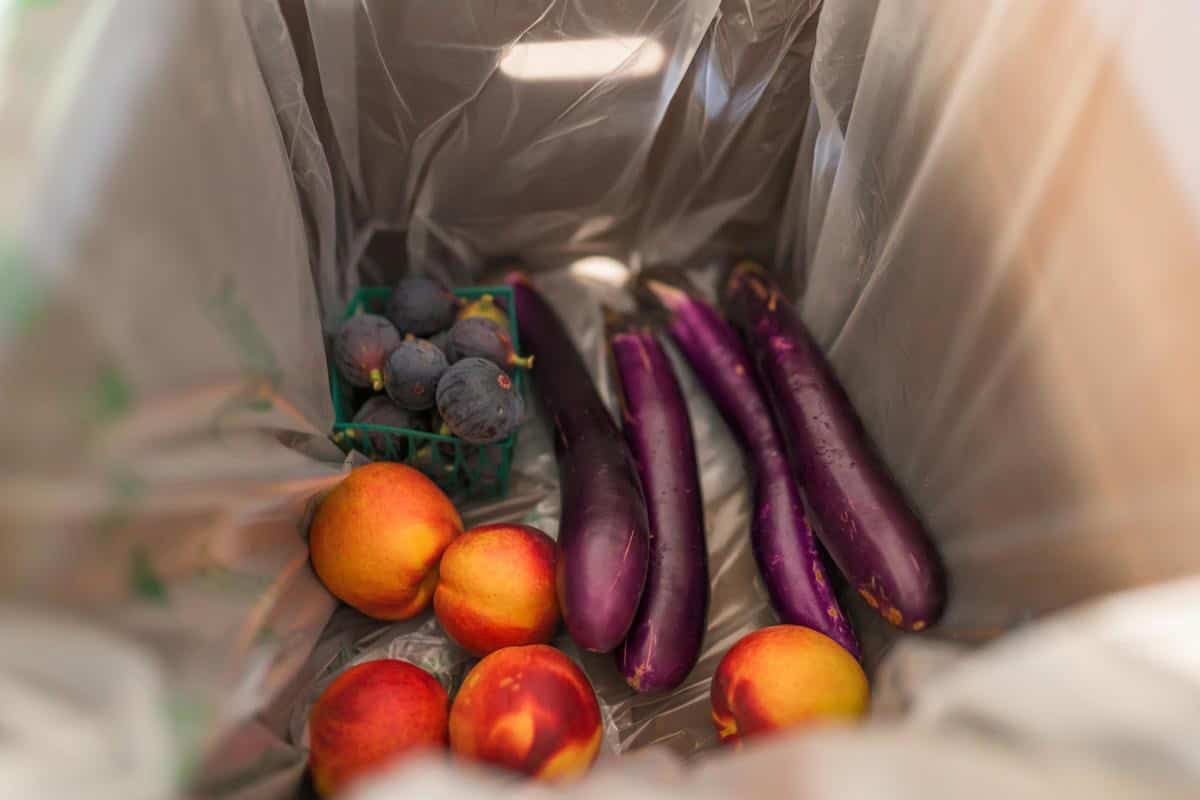
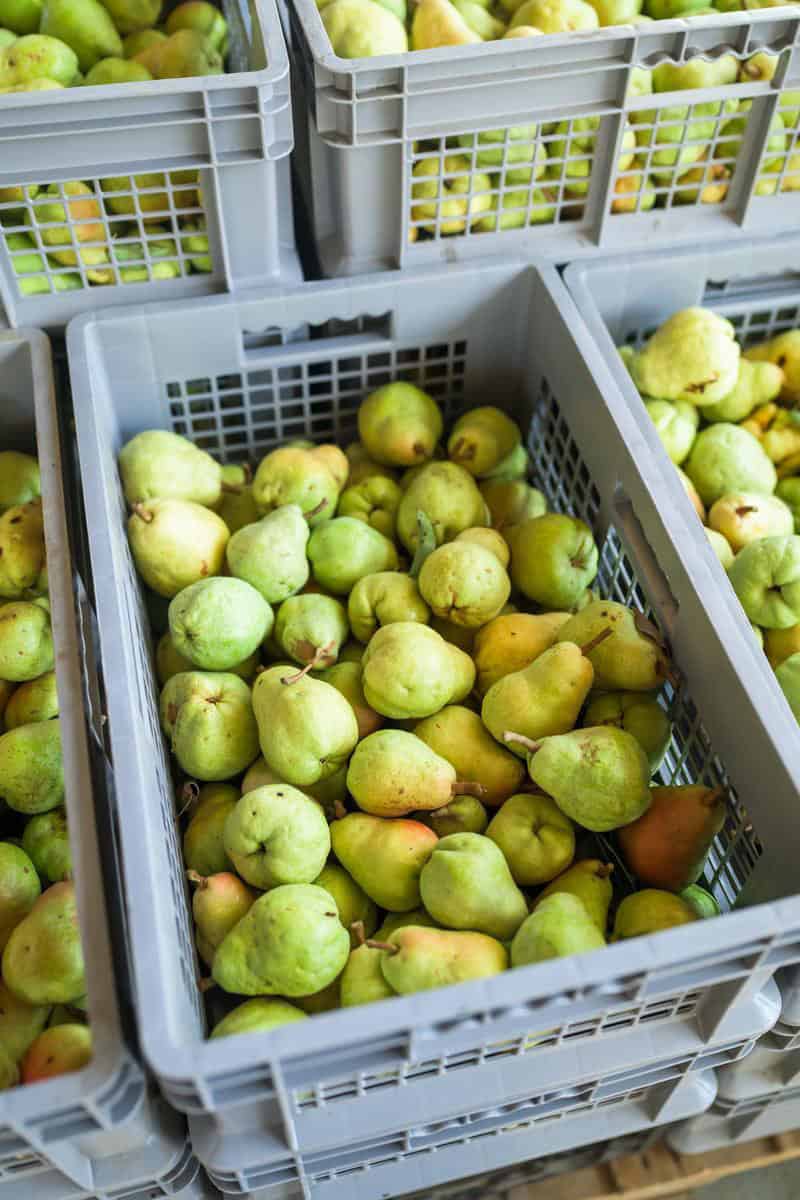
Centering Farmer Voices
One of the hub’s defining characteristics is its responsiveness. Instead of forcing farmers to adapt to a rigid supply chain, the hub adapts to them. It listens. It asks what’s needed. It collaborates. Whether it’s coordinating harvest schedules, helping with food safety certifications, or building new buyer relationships—the hub puts farmers at the center.
And in doing so, the hub doesn’t just move produce. It moves autonomy—back into the hands of those who grow our food.
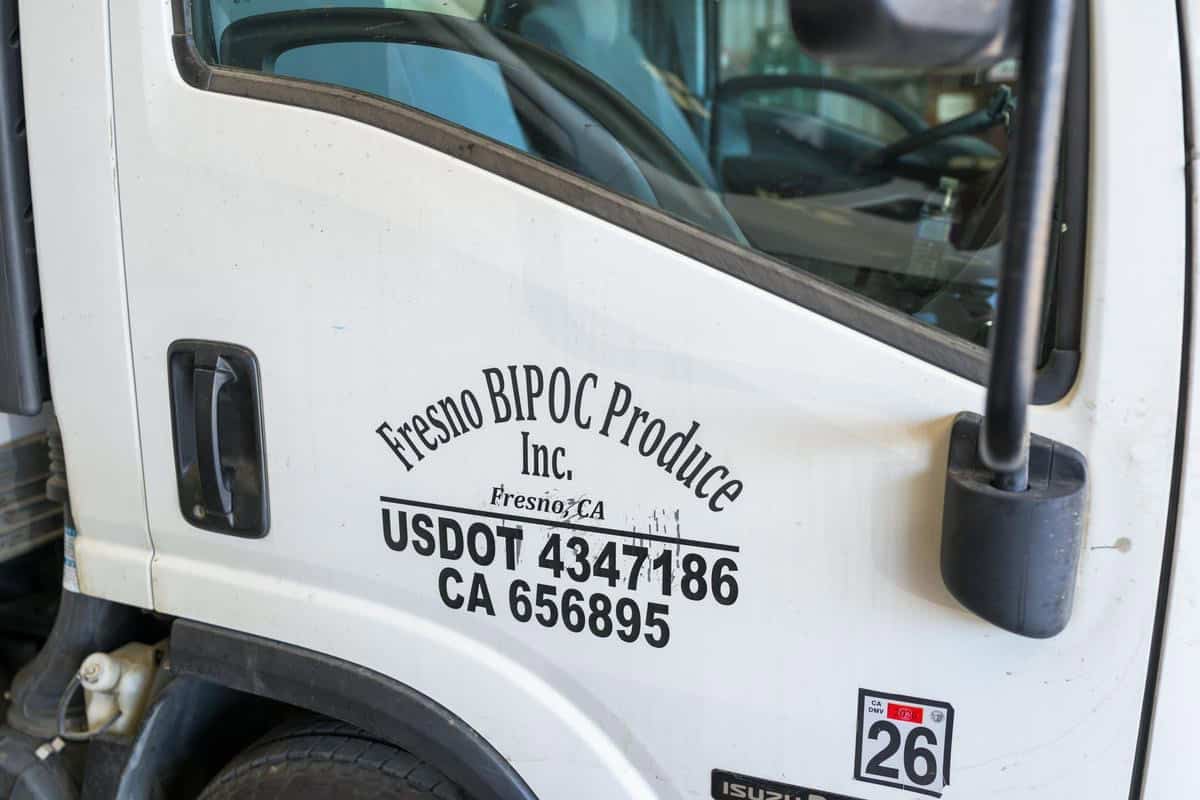
A Model for the Future
As California continues to reckon with a changing climate, labor shortages, and an unevenly distributed food system, initiatives like the Fresno BIPOC Produce food hub offer a path forward in addressing these concerns— one rooted in collaboration, accessibility, and resilience.
In the future, Vang hopes to build his own cold storage facility that would expand access for farmers.
“I’m hoping to build an even better cold storage facility—with more infrastructure and equipment that farmers can use. I also plan to have my own equipment there for processing, because that’s a big need for my business right now. A lot of our buyers want processed items—processed produce—so having that in place is important. Hopefully in the next three to five years, we’ll be able to build our own cold storage.”
Vang would also like to create opportunities for the public to learn more about what he does, and to inspire small farmers to think big.
“We also dream of turning our land into an agritourism space, where people can come visit and learn about what we do. We want it to be an example for other farmers—especially small farmers—to see what’s possible and start thinking, ‘How can I grow my business, too?’”
The Fresno BIPOC Produce food hub is still evolving, but its impact is already clear. More small farmers are selling their produce. More variety in crops that appeal to wider cultural diets. And more people seeing what is possible when including every small farmer is the starting point.
Article written by Alison Needham (@agirl_defloured) for CA GROWN. Images and video by James Collier/Paprika Studios.
